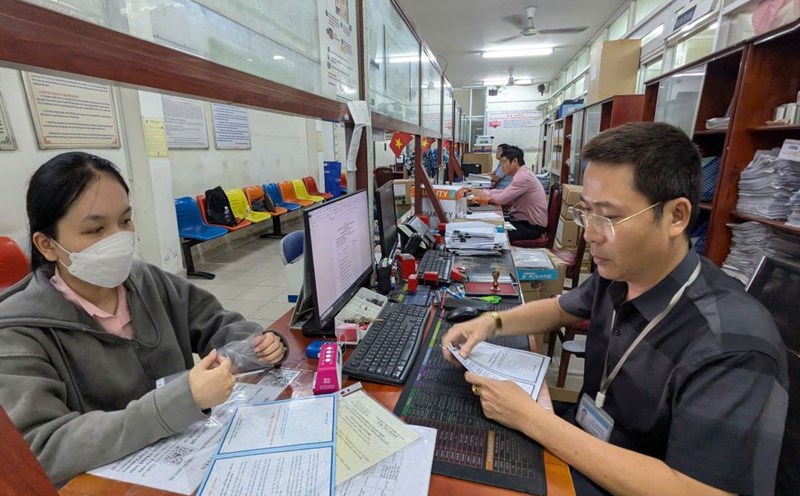Energy management will have to shift from incentives to mandatory
In the context of the world economy changing dramatically, Vietnam will face many challenges in the next 5-10 years, especially issues related to trade and the environment.
New non- tariffs, such as Europe's carbon Border Adjustment (CBAM) mechanism, will be officially applied from 2026, and US carbon tax policies are clear evidence of the global trend of tightening requirements for carbon emissions and traceability.
According to Mr. Dang Hai Dung - Deputy Director of the Department of Innovation, Green Transformation and Industrial Promotion (Ministry of Industry and Trade), about 80% of Vietnam's emissions come from the energy sector. Therefore, the Law on the Use of Energy Saving and Efficient is not only a tool to ensure national energy security as the original goal when issued in 2010, but now has to play a dual role: both ensuring supply and helping to comply with international regulations on reducing greenhouse gas emissions, sustainable development and greening the supply chain.
Lands and major trading partners such as Europe will require export products from Vietnam to clearly demonstrate energy consumption and emissions throughout the entire production chain, from input materials, production processes to finished products. Tracing carbon emissions will become a mandatory requirement. Therefore, energy management in the coming time will have to shift from incentives to mandatory ones, especially in monitoring energy consumption at export production enterprises. This requires data transparency, with a system of measurement, statistics, monitoring and reporting throughout, to meet strict international standards, Mr. Dung emphasized.
Mr. Dang Hai Dung said that many international brands currently require Vietnamese enterprises to publicly disclose information about energy consumption, CO2 emissions, and even update in real time online. This is an irreversible trend. The amended law must therefore reshape the energy management system: From clearly defining the responsibilities of energy managers at the plant, to statistics, data reporting, meeting the requirements of traceability when foreign agencies check the origin of emissions.
The legal framework on energy-saving use still faces many difficulties
Regarding the legal framework and implementation of the legal framework on energy-saving and efficient use, Mr. Duong Chi Cong - Technical Director of Vietnam Technology Solutions Joint Stock Company (VTS) - said that there are currently some difficulties. For example, the implementation of regulations on energy-saving and efficient use has not been thorough; there are no specific regulations on the capacity of consulting units; there is no legal corridor for the ESCO business model...
According to Mr. Duong Chi Cong, the energy-saving market also faces some difficulties such as the lack of full awareness of the benefits of energy saving; lack of confidence in the effectiveness of proposed energy-saving solutions. Customers lack confidence in the capacity of consulting units; unfair competition between consulting units: The situation of service quotation, low-quality low-cost service provision...
" Meanwhile, financial problems for energy-saving activities also have some shortcomings such as lack of information connection between customers and financial institutions. Customers lack or do not prioritize financial resources for energy-saving projects; lack a mechanism to support capital mobilization for energy-saving projects. Enterprises have difficulty accessing existing loan incentives; high investment costs for equipment/technology projects... - Mr. Cong emphasized.
Mr. Duong Chi Cong proposed that State agencies soon develop and promulgate relevant legal documents to guide the Law on Energy Efficiency and Savings (amended); soon establish and operate a Fund to promote energy-saving and efficient use, develop tax incentives and financial support programs for energy-saving activities.
Develop and promulgate specific regulations and guidelines on the ESCO business model; publicly announce organizations and individuals qualified to operate in the field of energy services, energy consulting services and announce organizations and individuals who violate regulations on energy-saving and efficient use.











